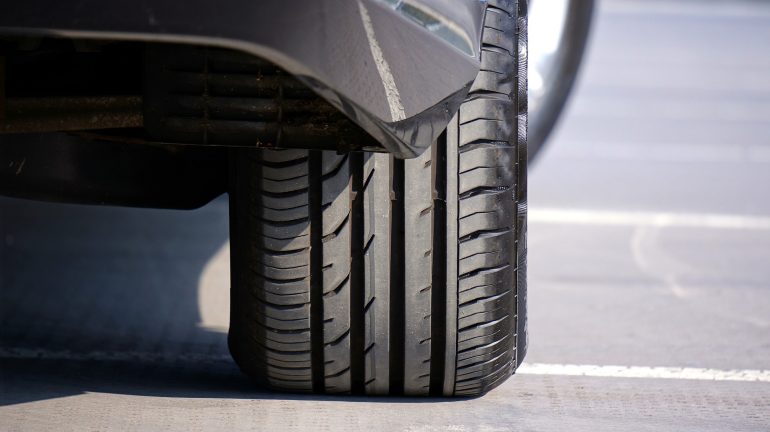The summer is here – perfect driving weather for UK motor lovers. If you’re enjoying the warm weather, snaking B roads, or even driving with your roof down, our best advice is to soak it in, but to keep an eye on the motoring year ahead. With defective brakes and tyres the most common cause of lethal accidents, according to the Department for Transport, it’s crucial you join the increasing numbers of UK drivers getting interested in fitting their prides of joy with car tyres well-suited to differing weather conditions: all-season tyres. To help you get started, here’s everything you need to know about all-season tyres, and how they differ to seasonal tyres.
What are all-season car tyres?
There are a wide variety of different car tyre types on the market today, but all-season tyres are some of the most versatile. Instead of needing to switch your set of tyres every time it starts snowing or gets sunny, you can drive on the same ones, all year round. They are typically marked with ‘all season’, or ‘M & S’ (mud and snow).
That’s because the materials used to make all-season tyres are able to withstand a range of above and below freezing temperatures – typically -10 to 30°C – and have tread designs that mean they can be driven on mud, light snow, and minor ice, as well as rainy or dry roads.
How do they differ from winter and summer tyres?
Winter and summer tyres are a must if you live in a country that experiences extreme weather or drastic temperature fluctuations. Winter tyres are specifically made to be used in snowy and icy weather for instance, thanks to their deeper, punchier tread patterns and harder-wearing rubber compounds used in their construction.
Should you choose all-season or seasonal tyres?
That means that all-season tyres are mainly designed for drivers in temperate climates – those that don’t commonly experience bad weather. That’s because there stopping distances and turning grip can be reduced in icy weather and when tarmac is particularly hot. And because they are popular in the UK, and use less specialist materials, they are often the cheapest available, and longest-lasting.
However, they may be detrimental to drivers that want the increased peace of mind that comes with knowing that your set of tyres are specifically engineered for the weather conditions you’re up against while on the road. And if you are the sort of driver that enjoys the track, or drives aggressively, then the added performance you’ll find with summer and winter tyres can be a big help too.
Which type of tyre do you use on your vehicle? Do you like the simplicity of all-season or the performance of seasonal? Let us know in the comments section.





